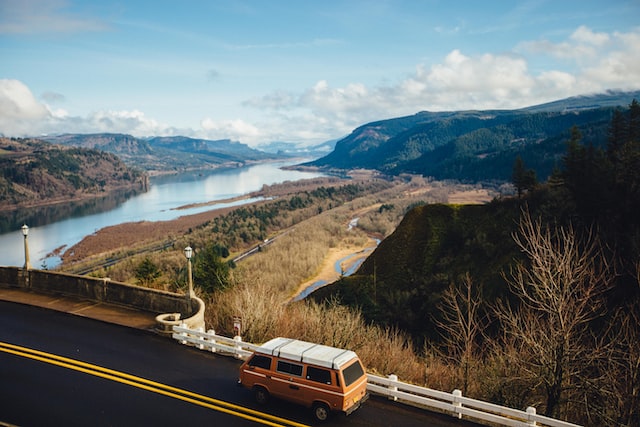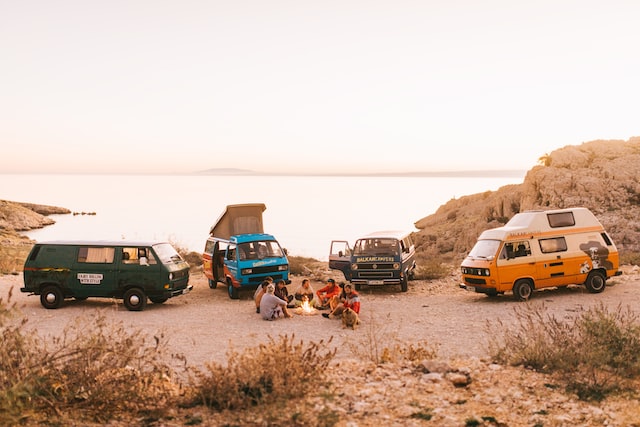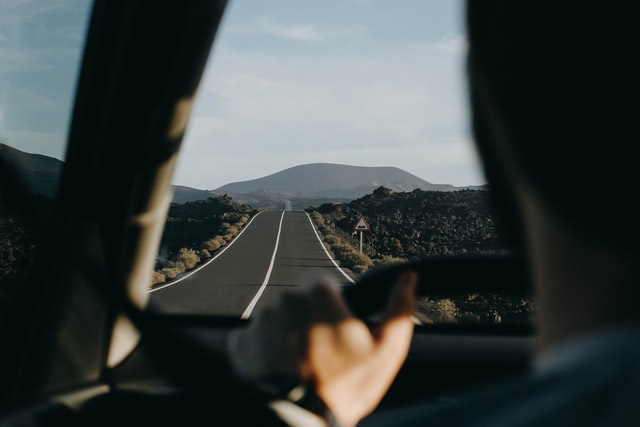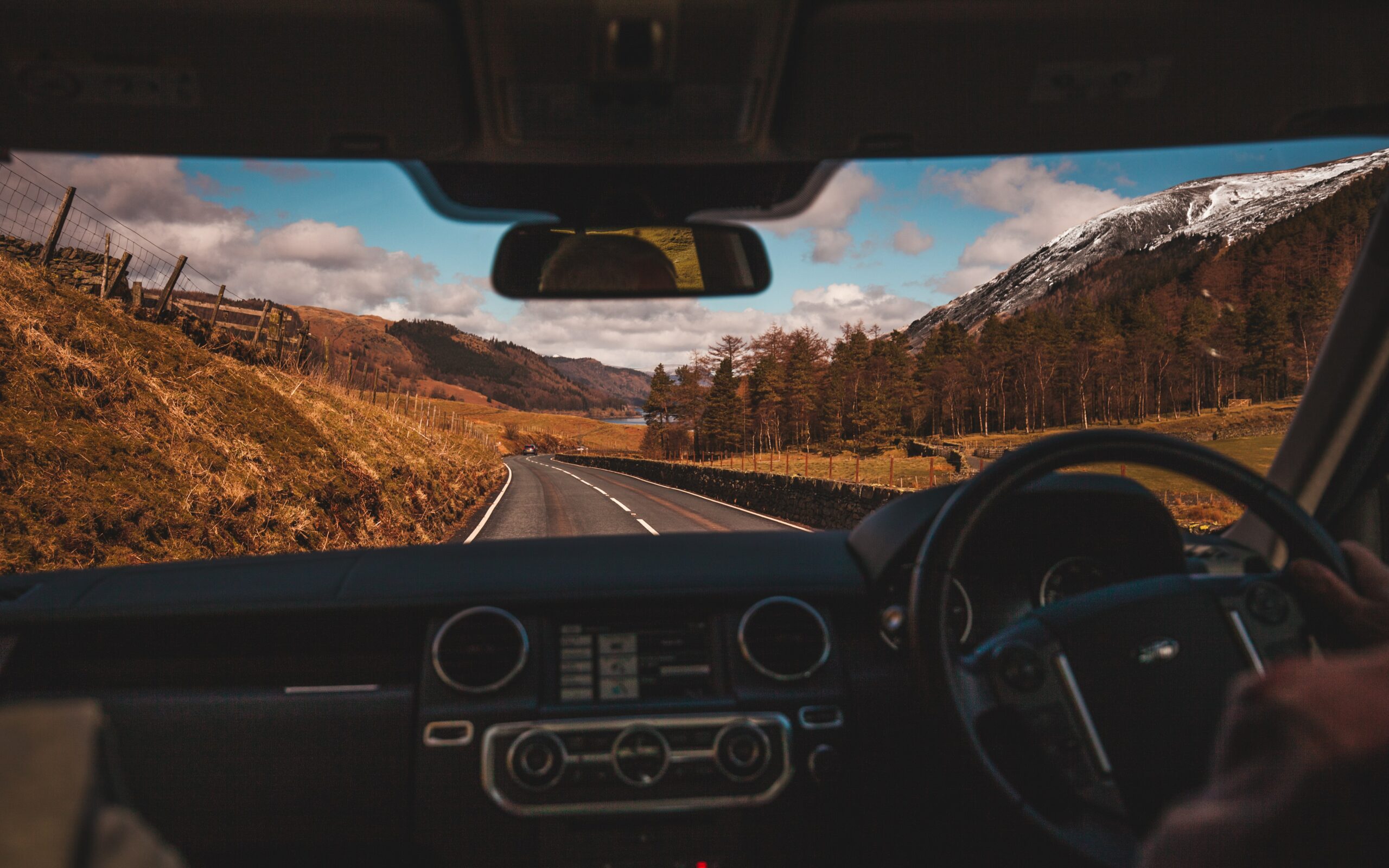Whether you’re planning a summer-long road trip for the family or you’ve fully embraced #vanlife, life on the road has plenty of benefits. It’s often cheaper than flying, you get to spend more quality time with the people you love, and it’s a great way to see the country at your own pace.
However, before you head out on a long car trip, it’s important to plan and prepare as much as possible. Your safety should be your top priority, but it’s also essential to make sure your finances are in order, too. The last thing you want is to be stuck in a financial jam on the road. Traffic jams are bad enough.
So, let’s take a look at five safety and financial considerations that will keep you secure on your travels, allowing you to enjoy every second on the open road.
1. Anticipating Emergency Maintenance Expenses
Before you hit the road, it’s a good idea to get your vehicle checked out by a professional mechanic. They’ll be able to fix any existing issues and warn you of any problems you might face on a long trip.
Sometimes, however, even if you take all of the right precautions, things happen. From worn-out tires to engine trouble, it’s not uncommon to experience car trouble on the road. Depending on the problem, certain fixes can end up being very costly. By anticipating those maintenance expenses, you can include them in your budget.
You can also prepare yourself by keeping a credit card with a high limit strictly used for emergencies. While you’ll need to ensure you can make payments on the card, it’s a quick and easy way to make sure you’ll cover the cost of repairs so you can get back on the road. You might also want to consider extending your car’s warranty, which can provide additional protection for your vehicle and offset the cost of repairs.

2. Keep Your Belongings Secure
As much as you might want to think every location is safe, that isn’t always the case. People aren’t always honest, and you never know when someone might be lurking around, waiting to break into your car, van, or RV.
So, keeping your belongings secure in your vehicle should be a top priority. While you might not be able to hide everything away, use the following tips to secure what’s important:
- Move valuable items to the trunk
- Tuck important documents in a locked glove box
- Tuck things under the seats
- Hide shopping bags or suitcases under blankets or towels
- Invest in a safe or lockbox to keep in the trunk
If someone does end up breaking in and stealing your belongings, make sure you know where to report the theft locally. Give yourself time to decompress and relax. It can feel like a total invasion of privacy when someone breaks into your vehicle. Prioritize your mental well-being, and you’ll have an easier time getting to the bottom of the crime and getting the help you need from local law enforcement.
3. Have a Backup Navigation System
Nowadays, you can do just about anything with a smartphone – including navigating your way across the country. Most smartphones have built-in GPS systems, making it easy to travel from city to city.
However, these navigation systems aren’t perfect. If you’re in a rural area with little to no reception, they might not work. Additionally, some maps might not be updated. Consider putting a backup navigation system in place so you don’t miss an exit or take a long detour that will end up costing you more in gas, and could even be dangerous.

4. Save Money on Gas
Speaking of spending more on gas, there’s no denying the prices at the pump are hurting a lot of people right now. Even when prices are a little lower, being able to save on gas is crucial for road-trippers on a budget.
Thankfully, there are plenty of helpful hacks you can use to maximize your fuel efficiency and save money each time you pull into the gas station. Try some of the following to save money on gas and get more out of a full tank:
- Slow down on your acceleration
- Keep your tires filled
- Avoid driving on rough roads
- Maintain a moderate speed
- Purchase gas at cooler times of day
Additionally, consider downloading an app like GasBuddy, which will let you know where gas is the cheapest no matter where you are.
5. Prepare an Emergency Safety Kit
No one wants to think about an emergency happening on the road, but it’s always better to be prepared if something does occur. Having an emergency safety kit will offer you and your passengers peace of mind if someone gets hurt or if your car breaks down.
What you pack in your kit is entirely up to you, but be sure to include a few basics, like:
- Road flares or reflectors
- Blankets
- Water and nonperishable food items
- A first aid kit
There are so many reasons to head out on the open road, whether it’s for a vacation or you’ve decided to travel full-time. Keep these considerations in mind for financial and physical security, and you’ll be able to fully enjoy your road trip experience.






